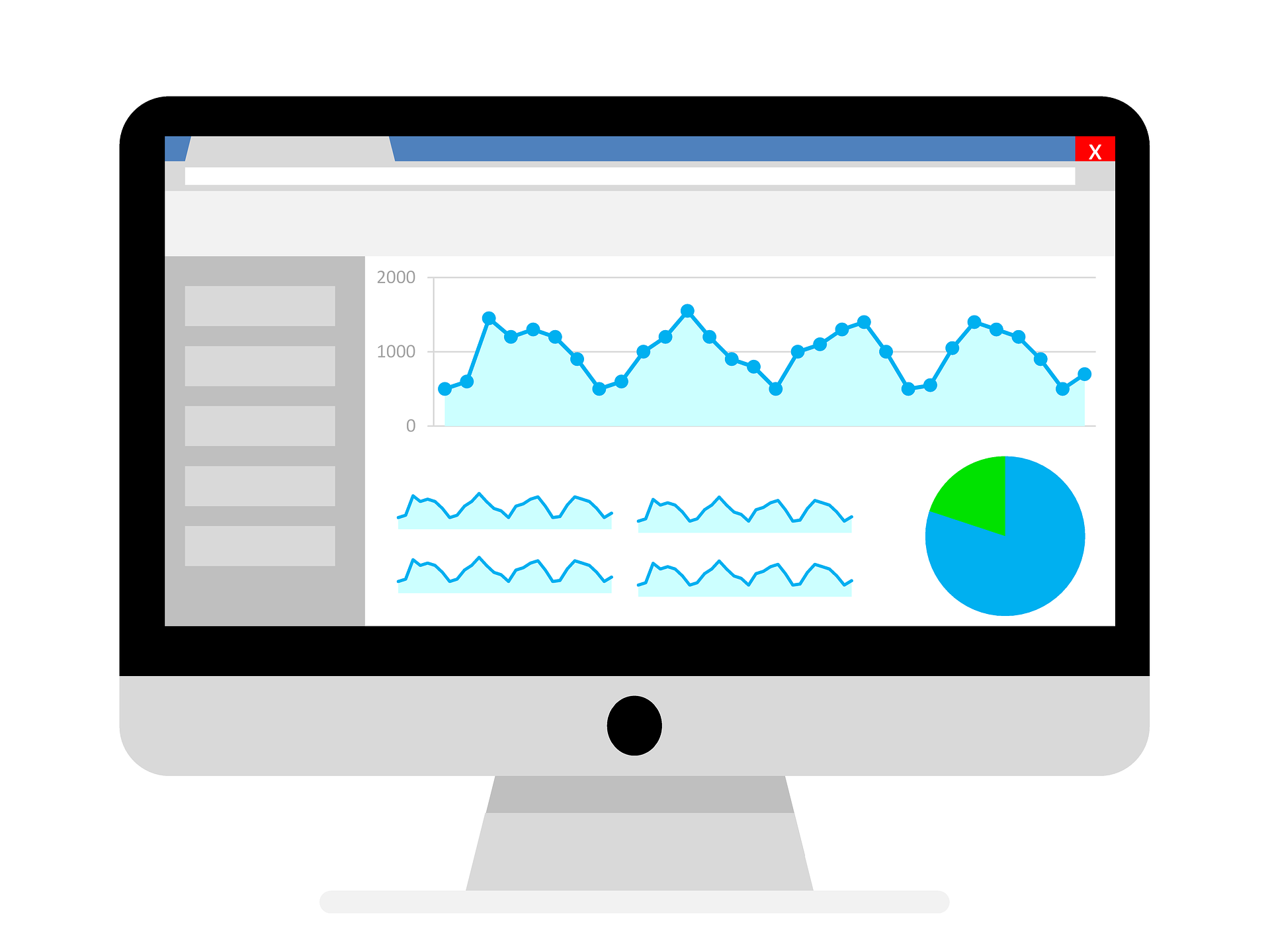
The potential and pitfalls of learning analytics as a tool for supporting student wellbeing
Abstract
Learning Analytics is a growing field in UK Higher Education Institutes (HEIs) with many implementations focusing on Early Alert and Student Success, but is this putting the cart before the horse? In the 2017 #StepChange report Universities UK suggested that learning analytics should be aligned to student wellbeing. With reported increases in incidents of student mental ill-health and extra demands being placed on student support services as a consequence this seems an appropriate application of this technology. However, there are a number of concerns related to student privacy and the interpretation and presentation of the analytics. Also, who will be designing and performing interventions? At a time when there is growing concerns around the wellbeing of staff, should we be adding a further burden? Do we risk being eaten by the analytics crocodile? It is clear that to utilise learning analytics in this way poses a number of challenges, but in the information age, when this data is available to us is it moral or legal to remain the caterpillar, knowing nothing of who our students are? With Institute for Public Policy Research stating that “…a majority of HEIs should take measures to ensure that the nature of course content and delivery does not result in academic rigour being sought at the expense of students’ mental health and wellbeing.” we should be doing all we can to adequately and pro-actively support our students.
Keywords
Full Text:
PDFReferences
Anderson, D. S. (2015). Wellness issues for higher education: A guide for student affairs and higher education professionals. Routledge. Retrieved from: https://books.google.co.uk/books?hl=en&lr=&id=LwstCgAAQBAJ&oi=fnd&pg=PP1&dq=wellness+issues+for+higher+education&ots=DFb9Qwf000&sig=bF4ej68o_ROMxvRcHJF0cxxXWaA
Bennett, L. (2018). Students’ learning responses to receiving dashboard data. Research Report, January 2018. Retrieved from: https://www.srhe.ac.uk/downloads/reports-2016/LizBennet-scoping2016.pdf
Bhopal, K. (2018). White privilege : the myth of a post-racial society. Bristol, Policy Press.
Byrd, D. R., & McKinney, K. J. (2012). Individual, Interpersonal, and Institutional Level Factors Associated with the Mental Health of College Students. Journal of American College Health, 60, pp. 185-193. http://dx.doi.org/10.1080/07448481.2011.584334
Comment, N. H. (2018). Are universities in loco parentis? The good old days or the bad old days? Retrieved from: http://www.hepi.ac.uk/2018/04/25/universities-loco-parentis-good-old-days-bad-old-days/
Coughlan, S. (2018). Student suicide increase warning. Retrieved from: https://www.bbc.co.uk/news/education-43739863
De Choudhury, M., Gamon, M., Counts, S., & Horvitz, E. (2013). Predicting Depression via Social Media. In Emre Kiciman, N. B. Ellison, B. Hogan, P. Resnick & I. Soboroff (eds.), Proceedings of the Seventh International AAAI Conference on Weblogs and Social Media (pp. 128-137). Palo Alto, California, The AAAI Press. Retrieved from: https://www.aaai.org/ocs/index.php/ICWSM/ICWSM13/paper/viewFile/6124/6351
Eubanks, V. (2018). Automating inequality: how high-tech tools profile, police, and punish the poor. New York, St. Martin’s Press.
Equality Challenge Unit (n.d.). Degree attainment gaps. Retrieved from: https://www.ecu.ac.uk/guidance-resources/student-recruitment-retention-attainment/student-attainment/degree-attainment-gaps/
Hughes, G., Panjwani, M., Tulcidas, P., & Byrom, N. (2018). Student Mental Health: The Role and Experiences of Academics. Student Minds. Retrieved from: https://www.studentminds.org.uk/uploads/3/7/8/4/3784584/180129_student_mental_health__the_role_and_experience_of_academics__student_minds_pdf.pdf
IPPR (2017). Not by degrees: Improving student mental health in the UK’s universities. Retrieved from: https://ippr.org/research/publications/not-by-degrees
JISC (2015). Code of practice for learning analytics. Retrieved from: https://www.jisc.ac.uk/guides/code-of-practice-for-learning-analytics
JISC (2017). Consent and the GDPR: what approaches are universities taking? | Effective Learning Analytics. Retrieved from: https://analytics.jiscinvolve.org/wp/2017/06/30/consent-and-the-gdpr-what-approaches-are-universities-taking/
JISC (n.d.). Effective learning analytics. Retrieved from: https://www.jisc.ac.uk/rd/projects/effective-learning-analytics
O’Keeffe, P. (2013). A Sense of Belonging: Improving Student Retention. College Student Journal, 47(4), 605–613.
O’Neil, C. (2016). Weapons of Math Destruction: How Big Data Increases Inequality and Threatens Democracy. New York: Crown.
Prinsloo, P., & Slade, S. (2017). An elephant in the learning analytics room: the obligation to act. In A. Wise, P.H. Winne, G. Lynch, X. Ochoa (eds.), LAK '17 Proceedings of the Seventh International Learning Analytics & Knowledge Conference (pp. 45-55). Vancouver: ACM Press. https://doi.org/10.1145/3027385.3027406
Rice, K. G., Leever, B. A., Christopher, J., & Porter, J. D. (2006). Perfectionism, Stress, and Social (Dis)Connection: A Short-Term Study of Hopelessness, Depression, and Academic Adjustment among Honors Students. Journal of Counseling Psychology, 53(4), 524–534. https://doi.org/10.1037/0022-0167.53.4.524
Sclater, N. (2017). Learning Analytics Explained. New York: Routledge.
SHEILA. (n.d.). About. Retrieved from http://sheilaproject.eu/about-sheila/
Siemens, G., & Gasevic, D. (2012). Guest editorial-Learning and knowledge analytics. Educational Technology & Society, 15(3), 1–2.
Smita Jamdar. (2018, February 28). Been in a meeting. Tell me Sam Gyimah didn’t really say that Universities should be in loco parentis. Please. [Tweet]. Retrieved from: https://twitter.com/smitajamdar/status/968849113147207680
Sonderlund, A. L., & Smith, J. R. (2017). Evaluation and effectiveness of ALA interventions: A systematic review. Retrieved from https://analytics.jiscinvolve.org/wp/files/2017/02/2017-02-22-Jisc-LAN-Smith-1.ppt
Students’ Union UCL (n.d.). New Tier 4 visa compliance regulations: 83% feel discriminated against as a UCL international student. Retrieved from: http://studentsunionucl.org/articles/new-tier-4-visa-compliance-regulations-83-feel-discriminated-against-as-ucl-international
The University of Edinburgh (2017). Learning Analytics Principles and Purposes. Retrieved from: https://www.ed.ac.uk/files/atoms/files/learninganalyticsprinciples.pdf
Thomas, L. (2012). What Works? Student retention & success. Building student engagement and belonging in Higher Education at a time of change: final report from the What Works? Student Retention & Success programme. Retrieved from: https://www.heacademy.ac.uk/system/files/what_works_final_report.pdf
Times Higher Education (n.d.). Academics ‘face higher mental health risk’ than other professions | THE News. Retrieved from: https://www.timeshighereducation.com/news/academics-face-higher-mental-health-risk-than-other-professions
Universities UK (n.d.). #stepchange. Mental Health in Higher Education. Retrieved from: https://www.universitiesuk.ac.uk/policy-and-analysis/stepchange/Pages/default.aspx
QAA (n.d.) What Students Think of Their Higher Education. Retrieved from: http://www.qaa.ac.uk/en/Publications/Documents/What-Students-Think-of-Their-Higher-Education.pdf
WONKHE (2018). As much freedom as is good for them - looking back at in loco parentis. Retrieved from: https://wonkhe.com/blogs/much-freedom-good-looking-back-loco-parentis/
DOI: https://doi.org/10.29311/jlthe.v1i2.2812
Refbacks
- There are currently no refbacks.
Copyright (c) 2018 Samantha J Ahern

This work is licensed under a Creative Commons Attribution 4.0 International License.



